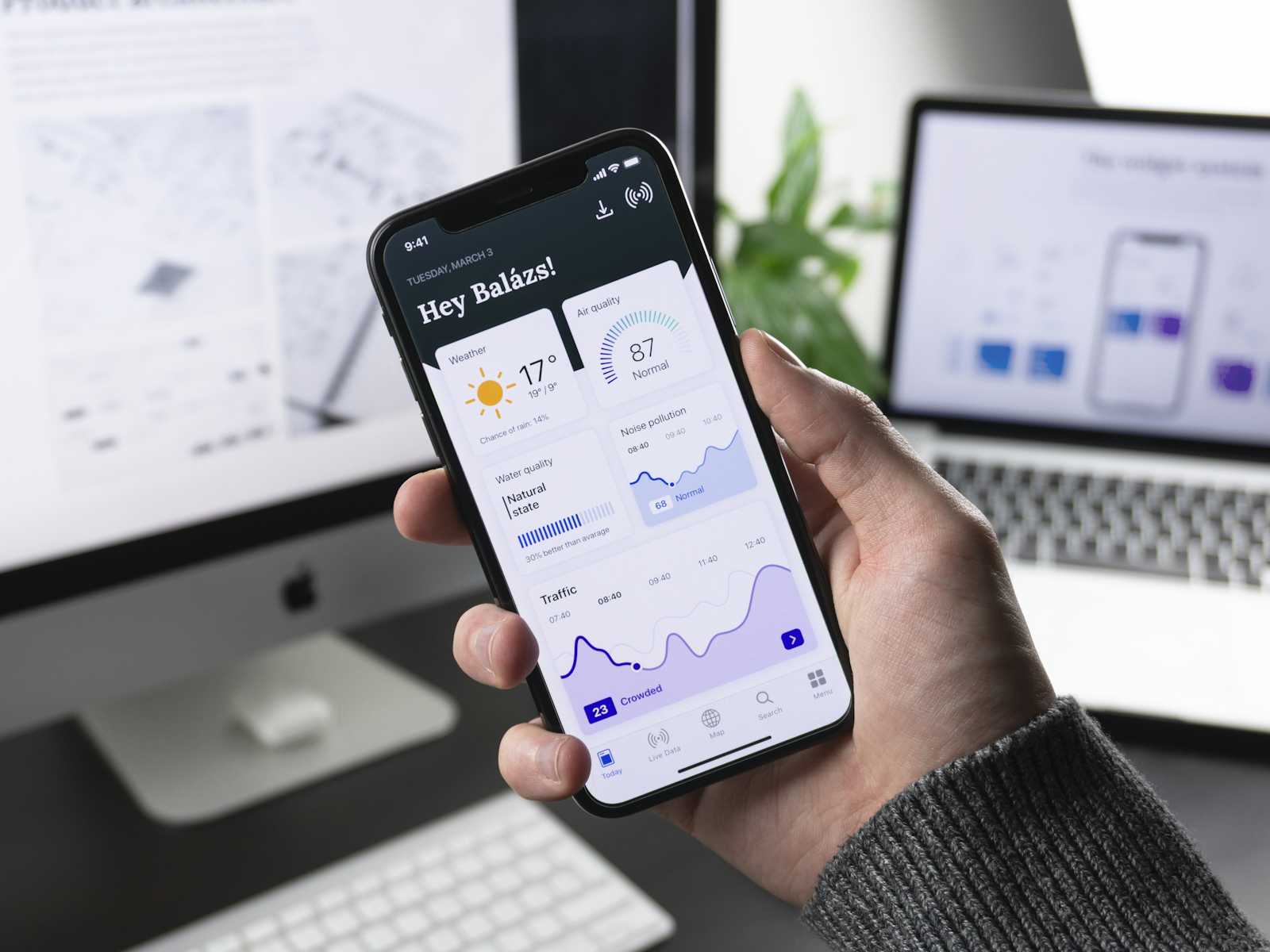Enhancing Front-End Development with API Mocks
 Teddy Okafor
Teddy Okafor
In the landscape of modern web development, front-end developers face the continuous challenge of delivering high-quality, robust, and interactive applications quickly. Integrating API mocks into the development process can significantly enhance productivity, enable more thorough testing, and ultimately lead to a smoother and faster development cycle. MockAPI, with its powerful API mocking capabilities, is poised to transform how front-end teams build apps. Here’s how:
What are API Mocks?
API mocks are simulated APIs that mimic the behavior of real APIs but do not involve backend logic. They return pre-defined responses, allowing developers to test interactions between the frontend and an API without having to wait for the backend services to be built or become available.
The Benefits of API Mocks in Front-End Development
1. Independent Development
Front-end developers can use API mocks to develop and test new features without reliance on the backend services being ready. MockAPI enables developers to simulate the entire backend with customizable mock responses. This independence drastically reduces bottlenecks and dependencies, allowing front-end development to proceed without delays.
2. Early Problem Detection
With API mocks, front-end teams can start testing the interfaces earlier in the development cycle. This early testing helps in identifying and resolving integration issues before they escalate into more significant problems. MockAPI allows for comprehensive scenario testing, including error handling and edge cases, ensuring that the front end robustly handles various responses.
3. Improved Collaboration
MockAPI provides a shared platform where front-end and back-end developers can align their expectations and requirements. By using mock APIs, both teams can agree on the API contract early in the project, leading to fewer misunderstandings and conflicts regarding the API specifications.
4. Enhanced User Experience Testing
Front-end developers can use API mocks to simulate user interactions under various data conditions, which is crucial for testing UI components thoroughly. MockAPI allows the creation of diverse scenarios that might be difficult to replicate with real APIs, such as loading states, data pagination, and handling of large datasets.
5. Faster Iteration Cycles
API mocks facilitate rapid prototyping and iterations, enabling front-end developers to quickly tweak and refine the application in response to feedback. Since changes to the mock endpoints are immediate and controlled, developers can experiment with different versions of API responses to optimize the user interface and experience.
Getting Started with MockAPI for Front-End Development
Incorporating MockAPI into your front-end development process is easy and intuitive. Developers can set up mock endpoints and define the expected API responses through a user-friendly dashboard. This setup allows immediate use, providing a test-ready environment that closely simulates real-world API behavior. Visit https://mockapi.com to signup for FREE. Also checkout our documentation at https://docs.mockapi.com to learn more on how MockAPI can satisfy your specific requirement.
Conclusion
For front-end developers, using API mocks is a game-changer. MockAPI empowers teams to build better applications faster by providing the tools needed to develop independently, test thoroughly, and iterate quickly. Embrace MockAPI in your front-end development to not only meet but exceed user expectations with every project.
Subscribe to my newsletter
Read articles from Teddy Okafor directly inside your inbox. Subscribe to the newsletter, and don't miss out.
Written by

Teddy Okafor
Teddy Okafor
I am Software Engineer and the Founder of MockAPI.com, an ultimate API mocking tool. I derive passion from removing bottlenecks that exists in software development and hence why I built this incredible mocking tool. Outside of work, I love various sports and outdoor activities like football, volleyball, tennis, hiking, etc.